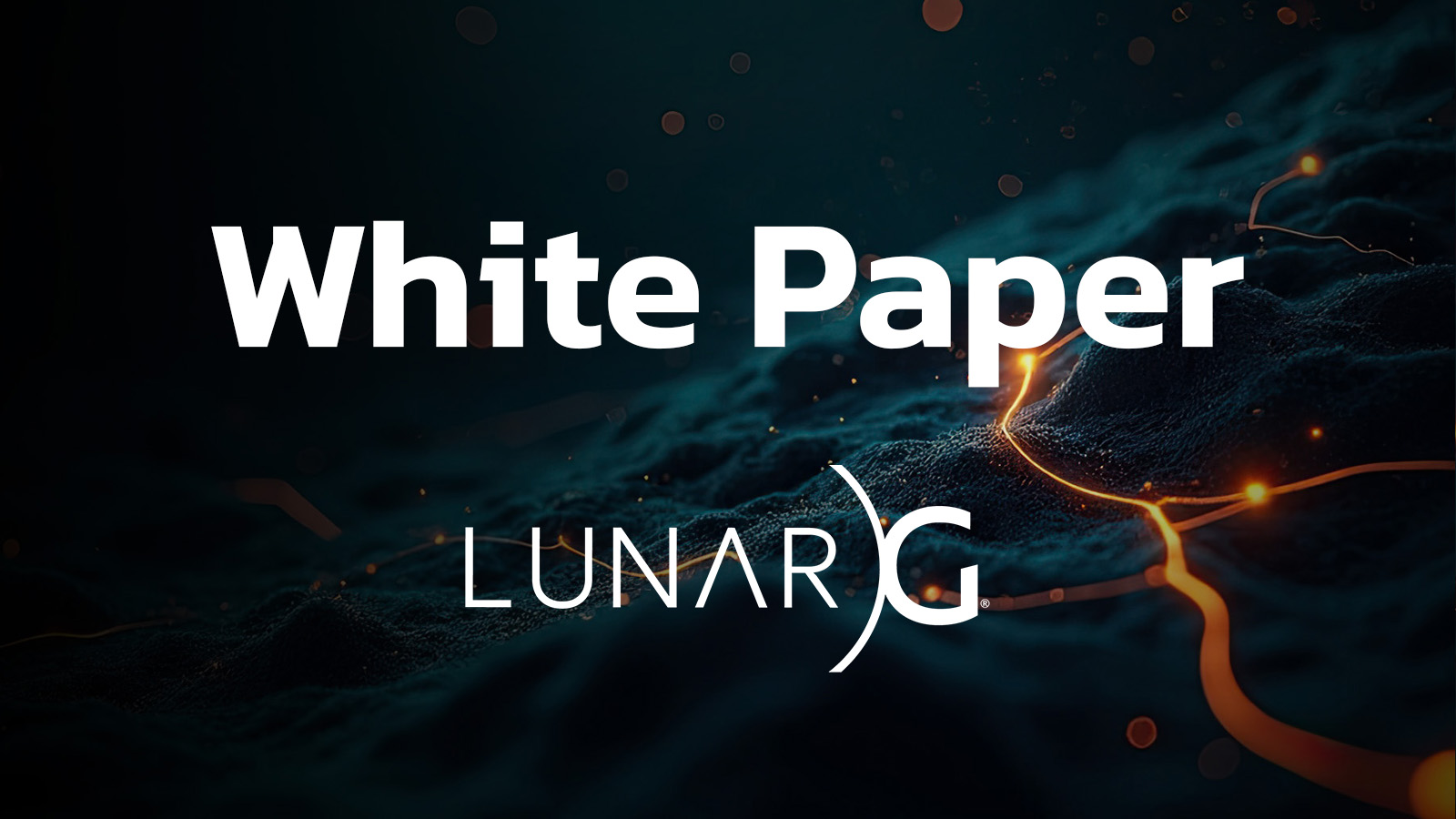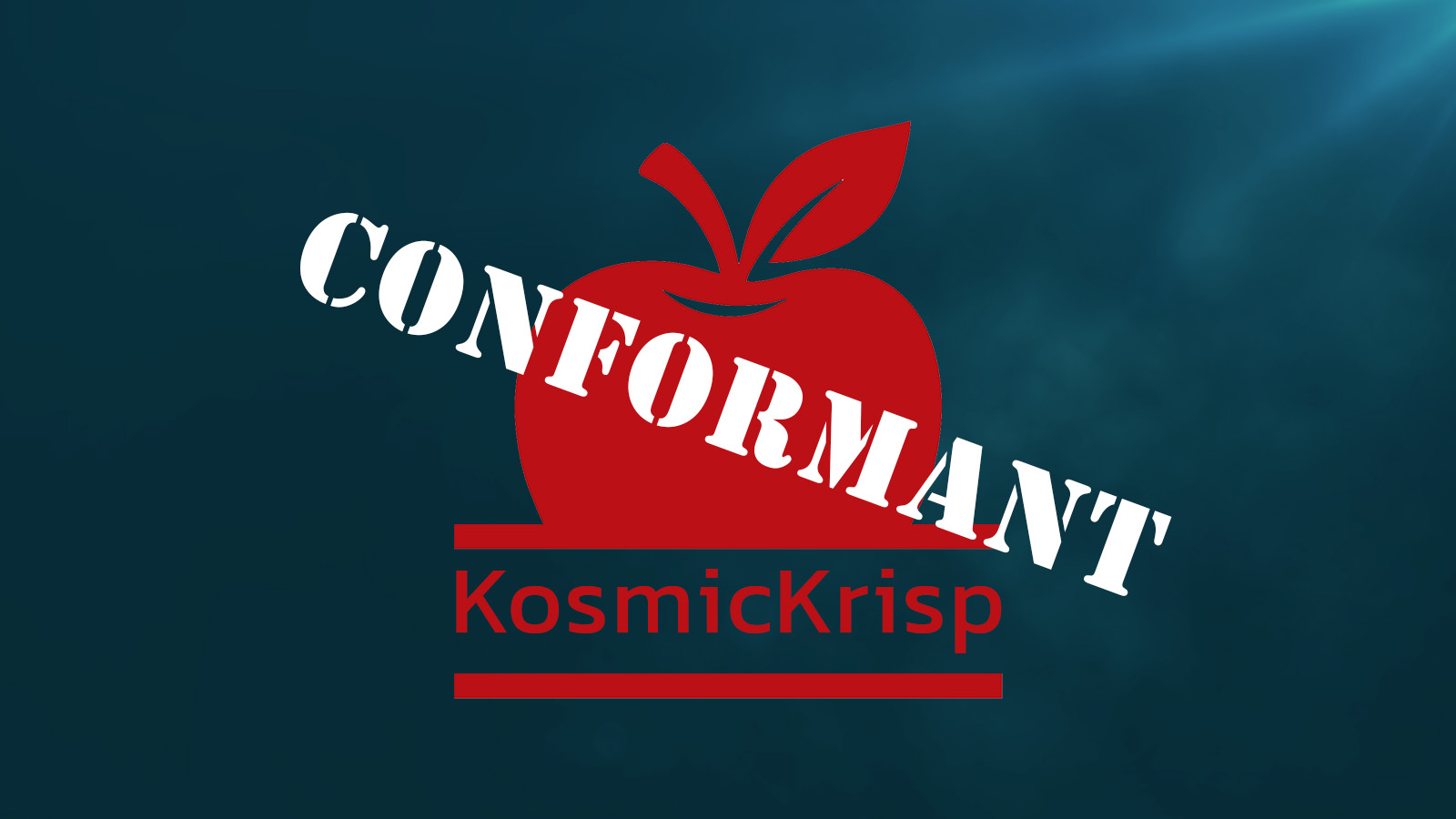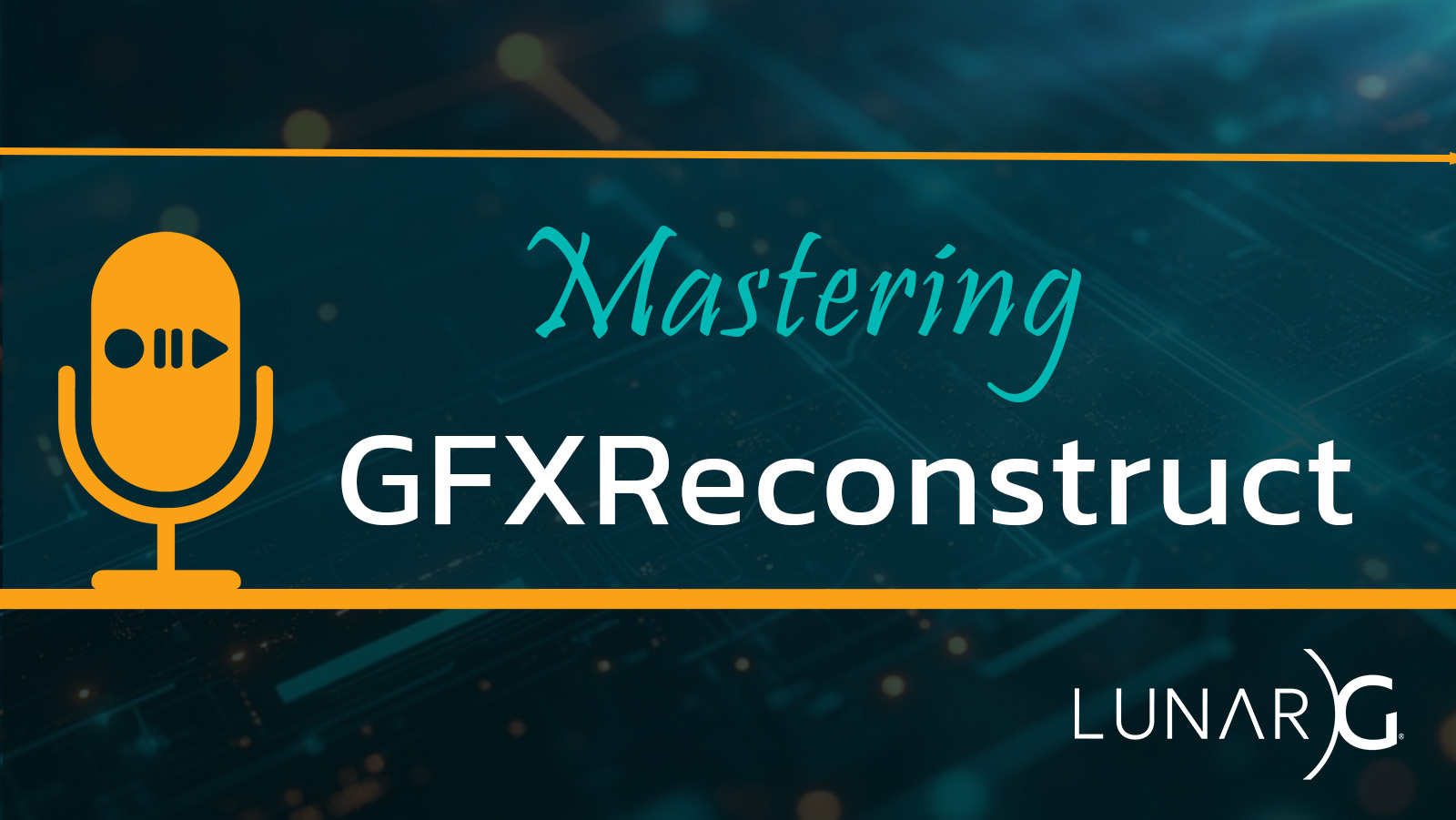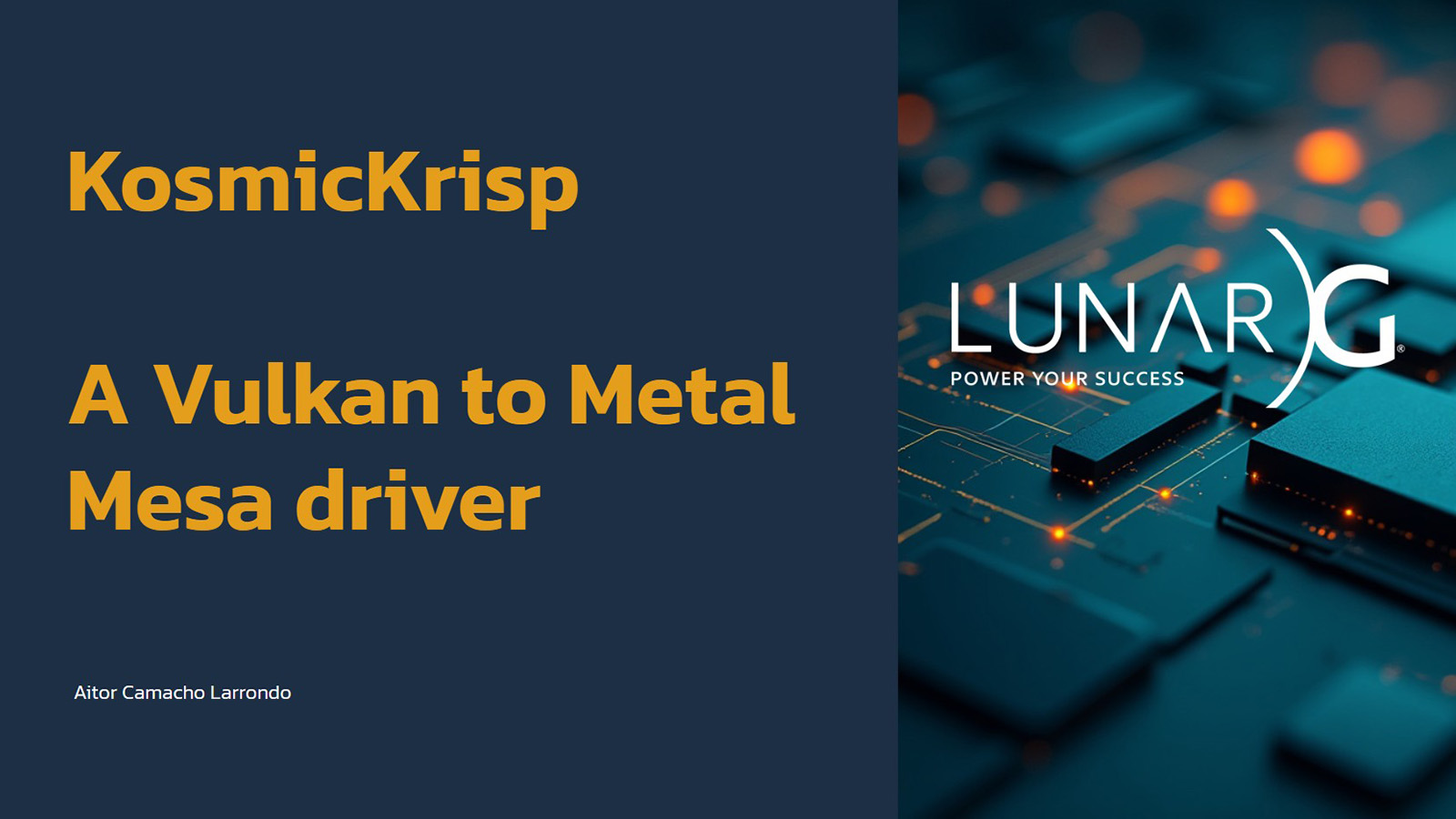The LunarG February 2023 SDK and Ecosystem Survey results have been tabulated! Click the link below to see the results. Thanks to those of you who completed our annual survey. The information you provided is invaluable. LunarG has summarized the results and created a report that shares the key findings and suggested actions to improve the ecosystem in 2023 and beyond. The survey results have also been shared with other Vulkan ecosystem stakeholders and contributors in the hope that they will invest resources in improving the ecosystem too. Click here to see the report. Thanks for your help in completing the survey!
Progress Report: 2022 LunarG Actions Taken from 2021 Vulkan Ecosystem Survey Results
What’s LunarG been up to in 2022? In December 2021, LunarG conducted a Vulkan SDK and ecosystem survey. Many Vulkan developers shared their requests for improvements. LunarG took those suggestions to heart and created projects to address many of the developer suggestions from the survey. To learn more about the results of these projects, check out the LunarG report that itemizes key requests from the survey and reports on the status of those requests. Click here to read Progress Report: Public Results of 12/21 LunarG Vulkan Ecosystem & SDK Survey. Look for a new Vulkan SDK and Ecosystem Survey from LunarG in February 2023. We will be capturing the requirements of Vulkan developers to help shape the priorities of the LunarG software engineering investments in 2023. Thanks for your help in strengthening the Vulkan ecosystem by completing our annual survey! For more information about LunarG, check out our website!
The Vulkan Loader and Vulkan Layers: Diagnosing Layer Issues
Vulkan layers are a unique mechanism that supports expanding the Vulkan API in ways other graphics APIs do not allow. The Vulkan loader provides functionality required for Vulkan layers to be loaded dynamically, providing the ability to add and remove functionality at runtime. A primary example of this is only enabling validation when a developer is implementing and/or testing their Vulkan application. For production, the developer simply does not enable the Vulkan Validation layer so that the end-user is not hindered by the expense of validation during normal execution. What’s really unique about the Vulkan loader and layer design is that it is publicly available, which allows any developer to create functionality that can be used by any Vulkan application on any user’s system. But this design is a two-edged sword because not every layer behaves correctly in all situations, causing issues that are hard to diagnose and debug. Enhancements to the Vulkan Loader enable easier debugging of layers that are causing issues. This white paper explains how to diagnose Vulkan Layer issues. Click here to view the white paper.
Benefits of Using the Vulkan SDK
The Vulkan SDK components come from open-source repositories. While it is feasible to develop Vulkan applications without using the Vulkan SDK, there are many benefits to installing it, such as access to: An installation process that is easy and fast Vetted and curated content to ensure compatibility and seamless integration Ready-to-use versions of the Vulkan Configurator An optional updated Vulkan Runtime for Windows environments SDK release notes and user documentation A License Registry that details all of the licenses included by the SDK components Complete package of available shader toolchain tools The most up-to-date set of Linux Vulkan components All necessary macOS binaries pre-built with an option for system-level installation of MoltenVK as an ICD This white paper explains these benefits. Click here to read the white paper.
Updated White Paper: The State of Vulkan on Apple Devices
This updated white paper, The State of Vulkan on Apple Devices, discusses how Vulkan can be layered over the native Metal API to support Vulkan development on macOS, iOS, and tvOS devices by using MoltenVK.
DevSim White Paper Taken Down Due to Deprecation of DevSim. See the Vulkan Profiles Toolset Solution white paper.
LunarG has removed the September 2021 white paper, Creating Portable Vulkan Applications Using DevSim, from the LunarG.com site because DevSim has been deprecated. LunarG has published a new white paper that explains the new Vulkan Profiles Toolset Solution, which helps to make the Vulkan capabilities requirements explicit between the application and the domain. Vulkan Profiles are a tool to help developers create portable Vulkan applications within a specific Vulkan domain. Please download Vulkan SDK 1.3.204.1 for the latest Vulkan Profiles fixes. Click here to read the Vulkan Profiles Toolset Solution white paper.
New LunarG White Paper: The Vulkan Portability Enumeration Extension
LunarG has released a new white paper describing the new Vulkan Portability Enumeration Extension from Khronos. Vulkan® Portability™ aims to counter platform fragmentation by encouraging layered implementations of Vulkan functionality over Metal, DX12, and other APIs. Vulkan Portability enables Vulkan applications to be reliably deployed across diverse platforms. Khronos released a provisional version of Vulkan Portability Extension 1.0 in September 2020. The VK_KHR_portability_subset extension allows a non-conformant Vulkan implementation to be built on top of another non-Vulkan graphics API and identifies the difference between that implementation and a fully-conformant native Vulkan implementation. The extension is detailed in the Vulkan Specification. For already released applications that are expecting to see only fully Vulkan conformant devices, a backward-compatibility issue exists. To solve the backward-compatibility issue, Khronos has released the new Vulkan Loader extension, VK_KHR_portability_enumeration. The purpose of this extension is to enable or disable enumeration of portability (non-conformant) implementations. Click here to view the LunarG white paper. More information about LunarG LunarG’s software engineering experts create innovative products and services for open source and commercial customers using leading-edge 3D graphics and compute technologies, including Vulkan, OpenXR, SPIR-V, and OpenGL. We have strengths in performance analysis and tuning, runtime and tools development, shader optimizations, driver development, and porting engines and applications to Vulkan. Our software engineering team is based in Fort Collins, Colorado. LunarG was founded by software experts who are passionate about 3D graphics. For more information about LunarG, please check out our website.
New LunarG White Paper: 1.3 Vulkan Loader Improvements
With the recent release of Vulkan 1.3, LunarG has updated the Vulkan loader to support the new API version and to incorporate other important changes made in the last six months. Click here to read the white paper describing the updates.
